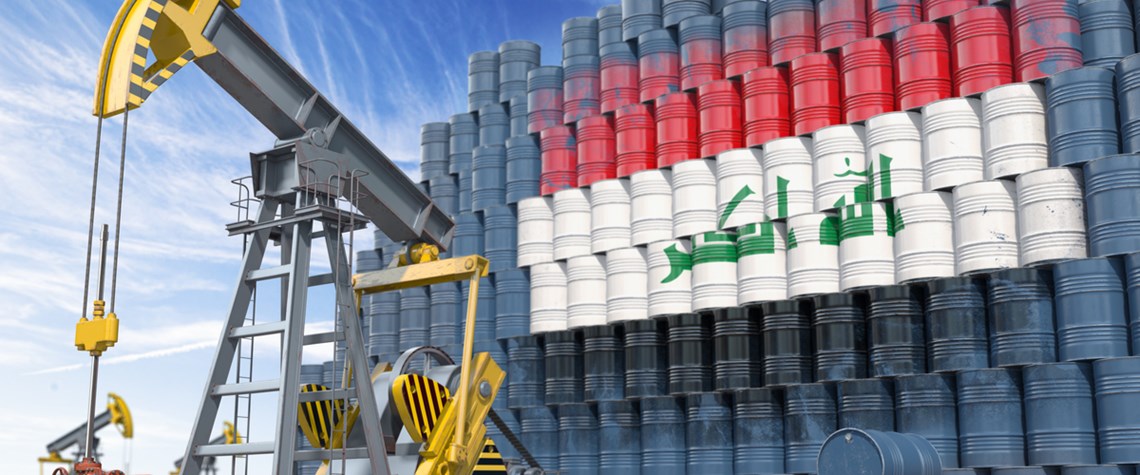Iraq faces crude marketing challenges
The Mid-East Gulf producer may need to take lessons from its peers to achieve best value in a crowded market
Middle Eastern NOCs have long faced a twin challenge of ever more competitive markets in their traditional East of Suez backyard and the need to squeeze out more revenue from their production. From Oman’s decision in the mid-2000s to make its crude freely tradeable in the spot market to the move several years later by Abu Dhabi’s Adnoc to charge a premium for lifting destination restrictions on some of its cargoes, they have been constantly changing their business models to try to capture greater value from their crude sales. Covid-19 has served only to reinforce the importance of East of Suez, as refining margin weakness forces more closures in the West. So, is the time ripe for more tradit

Also in this section
27 February 2026
LNG would serve as a backup supply source as domestic gas declines and the country’s energy system comes under stress during periods of low hydropower output and high energy demand
27 February 2026
The assumption that oil markets will re-route and work around sanctions is being tested, and it is the physical infrastructure that is acting as the constraint
27 February 2026
The 25th WPC Energy Congress to take place in tandem as part of a coordinated week of high-level ministerial, institutional and industry engagements
27 February 2026
The deepwater sector must be brave by fast-tracking projects and making progress to seize huge offshore opportunities and not become bogged down by capacity constraints and consolidation







